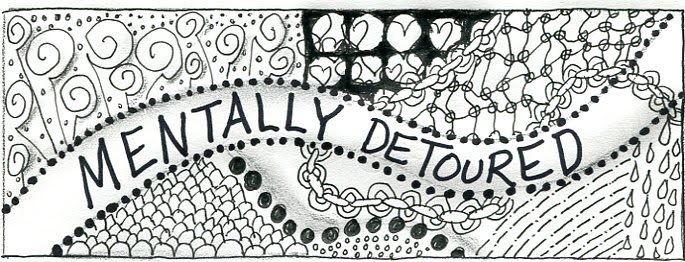Names have been changed to protect privacy. This welcome post is also repeated on the About Us page.Imagine you are a teenage boy at a prestigious prep school. You have an older sister in college, and that is where you're headed, too. Not just any college, but an academically challenging university that is difficult to get in. This is the path you are on, and all signs point toward success.
But something happens your freshman year, and you find yourself struggling academically, with a GPA at the end of that year that puts you on academic probation. Too late in the spring semester, after researching symptoms, it's discovered that you are suffering from ADHD, Attention Deficit Hyperactive Disorder.
With the support of your parents, new medications on board, and the help of an ADHD Coach, the path toward sophomore year promises to be less rocky. Your grades improve dramatically, and the academic probation is lifted. But there is an uneasiness in your life, and at the end of the school year, you confess that you feel addicted to the medication, you needed anti-depressants to help regulate the stimulants, and had had some suicidal thoughts.
Going cold turkey off the medication, you manage an internship during the summer, and devise a secret "plan" to keep the academic success going your junior year. You convince your parents that even though this path looks foggy, as they peer into the future, you are certain that it will be clear sailing.
No one suspected that a couple of months later, huge detour signs would be posted all over that path, and that by the end of the year, you had withdrawn from school, you had become psychotic, and hospitalized. And that finally, a diagnosis of Bipolar I had been made.
I'm the mother of this boy, no longer a teenager, but a 20-year-old young man struggling to come to grips with this unplanned detour in his life. His father and I are along for the ride, and while we can't begin to know what he is going through, our own hopes and dreams for him have taken a detour.
I'll be chronicling the journey into mental illness, not as a victim, but as the parent of a beloved son. Our journey is different than his, but no less a detour of our vision of the future. We have already begun, as has Brian, and I will share book reviews, resources, things that work and things that don't, both for him and for us. By doing this, I hope to come to a greater understanding of Bipolar Disorder specifically, and mental illness in general, and perhaps, in some small way, take away some of the stigma and shame that still surrounds a very real physical illness that happens to affect mental behavior.

















